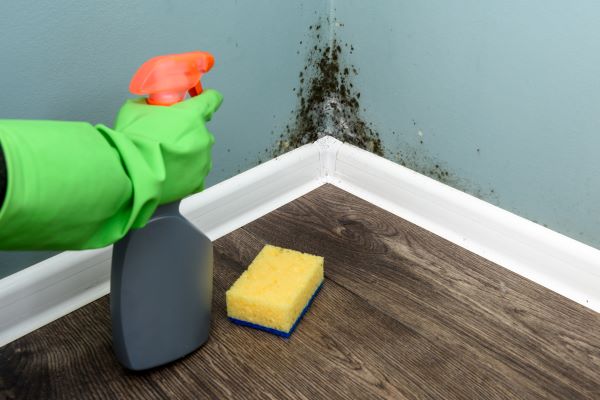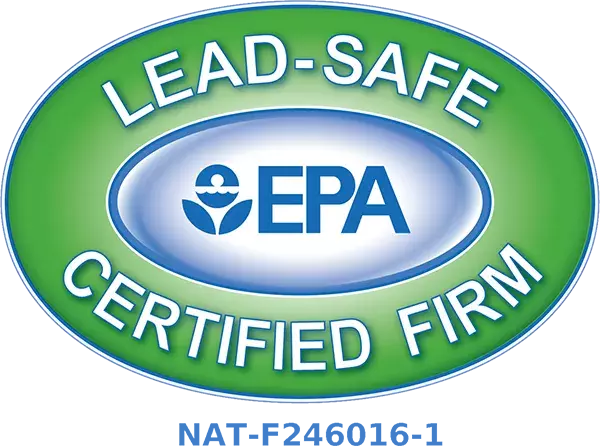We all want our homes to be safe and healthy havens for ourselves and our families. But what happens when an invisible threat starts lurking in the shadows? Black mold is a sneaky intruder that can cause serious health issues if left untreated, so it’s crucial to take action as soon as you suspect its presence.
What is Black Mold?
Black mold is a type of fungus that can grow in damp, dark areas. It can cause serious health problems, including respiratory issues and skin irritation.
There are many reasons why black mold might start to grow in a house. Most commonly, it is due to a moisture problem. If there is high humidity in the air or if water is allowed to pool and sit on surfaces, mold will eventually start to grow. Other causes can include floods, leaks, and other water damage.
Once mold starts growing, it can spread quickly. Mold spores are small and lightweight, so they can easily travel through the air. They can also hitch a ride on clothing, pets, or shoes. Once they land on a moist surface, they will start to grow again.
Mold is often found in basements, crawl spaces, and attics. It can also be found behind walls, in HVAC systems, or anywhere else that has water damage or high humidity.
Symptoms of Black Mold Exposure
Black mold exposure can cause a wide range of health problems, including respiratory issues, headaches, dizziness, and skin irritation. If you have any of these symptoms, it is important to see a doctor right away.
In some cases, black mold exposure can also lead to more serious health problems, such as neurological disorders and cancer.
How to Test for Black Mold
If you suspect that there may be mold, but cannot see it, there are a few ways to test for it. One is to use a moisture meter. These devices measure the amount of moisture in an area and can help you determine if there is enough moisture present for mold to grow. Another way to test for mold is to use a swab test. To do this, simply collect a sample of the suspected material using a cotton swab. Then send the sample off to a laboratory for analysis.
Prevention Tips for Avoiding Future Black Mold Growth
- Keep your home clean and free of clutter. Mold loves to grow in damp, dark places.
- Fix any leaks or other sources of potential water issues immediately.
- Use a dehumidifier in damp areas of your home (like basements or laundry rooms).
- Inspect your home regularly for signs of mold growth.
Remediation and Cleanup of Black Mold
There are a few different ways to remediate and clean up black mold. You can hire a professional mold removal company, or you can clean it up yourself. However, the process can be painstaking and not always successful, if you choose to go with a DYI option.
If you plan on hiring a professional, make sure that they are experienced in dealing with black mold. They should also be able to provide you with a detailed plan of how they will remove the mold.


